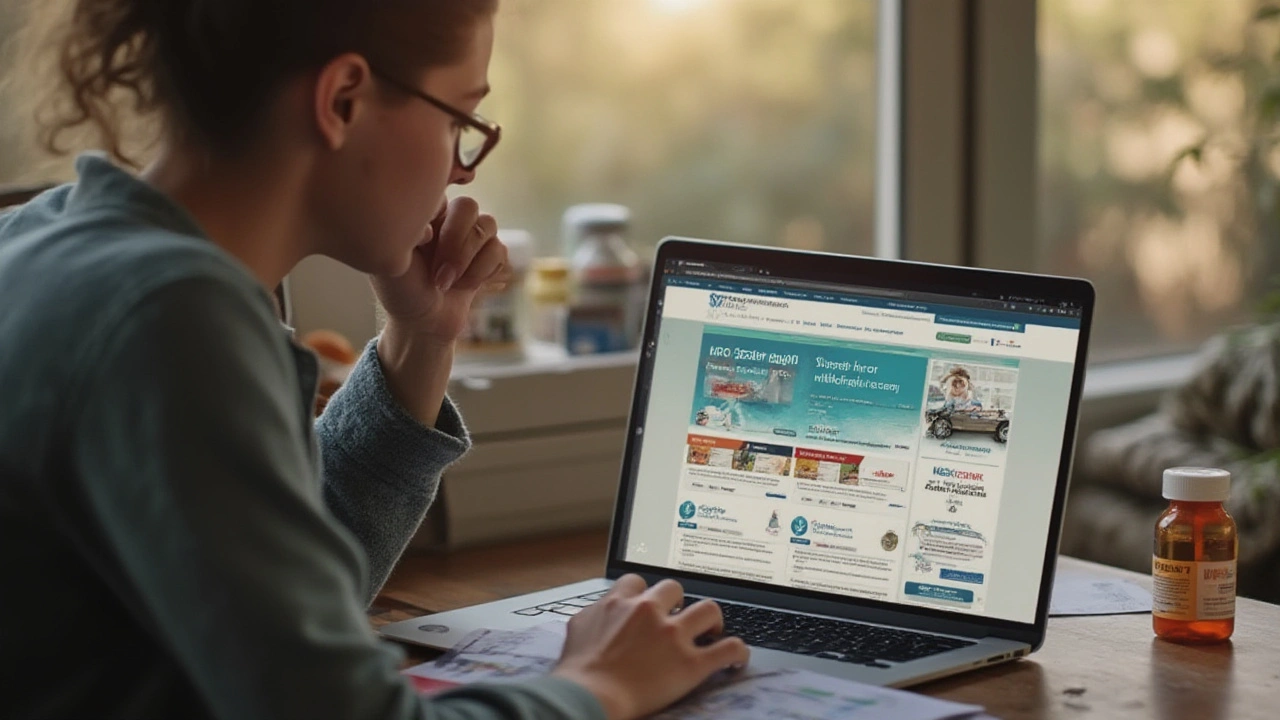Levaquin Safety: Key Risks and How to Stay Safe
If your doctor prescribed Levaquin, you probably have questions about safety. Levaquin (levofloxacin) is a powerful fluoroquinolone antibiotic that fights serious infections, but it can also cause unpleasant reactions. Knowing the most common side effects, who’s at higher risk, and what you can do to protect yourself makes a big difference. Below you’ll get straight‑forward info to help you use Levaquin safely.
Common Side Effects You Should Watch For
Most people tolerate Levaquin well, but about one in five will notice something off. The frequent complaints are tummy upset, diarrhea, and headache. Some patients feel a bit dizzy or get a rash. More serious warnings include tendon pain (especially in the Achilles), joint swelling, and sudden changes in heart rhythm. If you notice sharp tendon pain, stop the drug and call your doctor right away—tendon rupture is a known fluoroquinolone issue.
Tips for Reducing Risks When Using Levaquin
First, follow the prescribed dose exactly; don’t skip doses or finish early unless a doctor says so. Take the pill with a full glass of water and stay upright for at least 30 minutes to avoid stomach irritation. Avoid taking antacids or calcium supplements within two hours of Levaquin because they can lower how much of the drug your body absorbs. If you’re over 60, have kidney problems, or are on steroids, tell your doctor—these factors raise the chance of tendon problems.
Another practical tip is to watch your blood sugar. Levaquin can cause high or low blood sugar, especially in diabetic patients. Keep a log of your readings and let your healthcare team know if levels swing dramatically. Staying hydrated, getting enough rest, and maintaining a balanced diet also help your body handle the medication better.
When it comes to interactions, be cautious with other drugs that affect heart rhythm, like certain anti‑arrhythmics or some antidepressants. Mixing them can lead to QT‑interval prolongation, a heart rhythm abnormality that can be dangerous. Always hand your pharmacist a current list of every prescription, over‑the‑counter, and herbal product you’re taking.
If you’re pregnant, nursing, or planning a pregnancy, discuss alternatives with your doctor. While Levaquin isn’t absolutely contraindicated, animal studies suggest possible joint problems in developing babies, so many clinicians opt for a different antibiotic when possible.
Finally, keep an eye on long‑term effects. Some users report nerve pain or tingling that appears weeks after finishing the course. Though rare, this peripheral neuropathy can be permanent. Report any new numbness, burning, or tingling sensations promptly.
Levaquin is a valuable tool against tough infections, but like any strong medication, it needs respect. By staying alert to side effects, following dosage rules, and communicating openly with your healthcare team, you can minimize risks and get the infection cleared safely. Check our other articles for deeper dives into related topics, such as antibiotic resistance and safe online pharmacy practices.
How to Safely Buy Levaquin Online: A Practical Guide for Patients in 2025

Looking to buy Levaquin online? Learn step-by-step tips to find safe sources, avoid fake meds, and understand rules around prescriptions—real advice, no nonsense.
